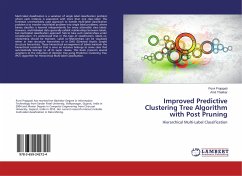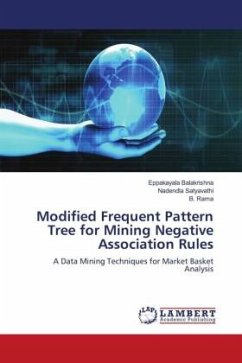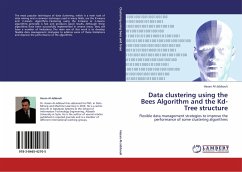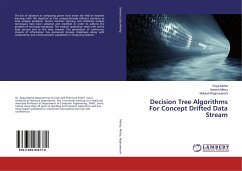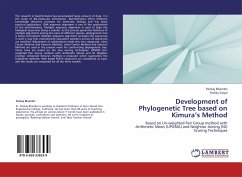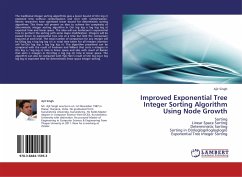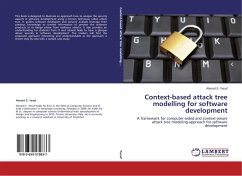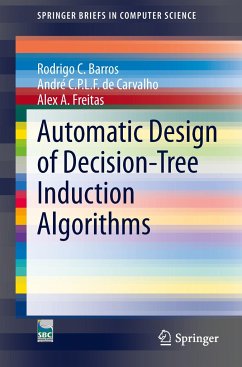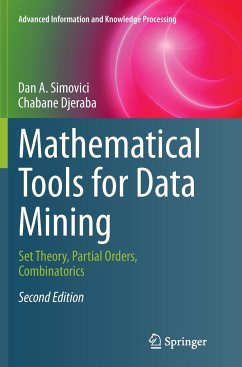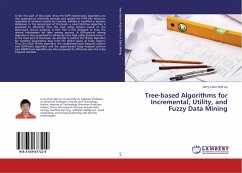
Tree-based Algorithms for Incremental, Utility, and Fuzzy Data Mining
Versandkostenfrei!
Versandfertig in 6-10 Tagen
47,99 €
inkl. MwSt.

PAYBACK Punkte
24 °P sammeln!
In the first part of this book, three Pre-FUFP maintenance algorithms are thus proposed to efficiently maintain and update the FUFP-tree structures regardless of whether records are inserted, deleted or modified in dynamic databases. In the second part of this book, a novel HUP-tree algorithm is proposed to efficiently mine the high utility itemsets based on the downward closure property. A HUP tree is first designed to keep the related information for later mining process. A HUP-growth mining algorithm is then presented to efficiently mine high utility itemsets from it. In the third part of t...
In the first part of this book, three Pre-FUFP maintenance algorithms are thus proposed to efficiently maintain and update the FUFP-tree structures regardless of whether records are inserted, deleted or modified in dynamic databases. In the second part of this book, a novel HUP-tree algorithm is proposed to efficiently mine the high utility itemsets based on the downward closure property. A HUP tree is first designed to keep the related information for later mining process. A HUP-growth mining algorithm is then presented to efficiently mine high utility itemsets from it. In the third part of this book, we attempt to extend the FP-tree algorithm for handling quantitative data from the global values of fuzzy regions. Thus, the fuzzy FP-tree algorithm, the compressed fuzzy frequent pattern tree (CFFP-tree) algorithm, and the upper-bound fuzzy frequent pattern tree (UBFFP-tree) algorithm are then proposed to efficiently mine the fuzzy frequent itemsets.




